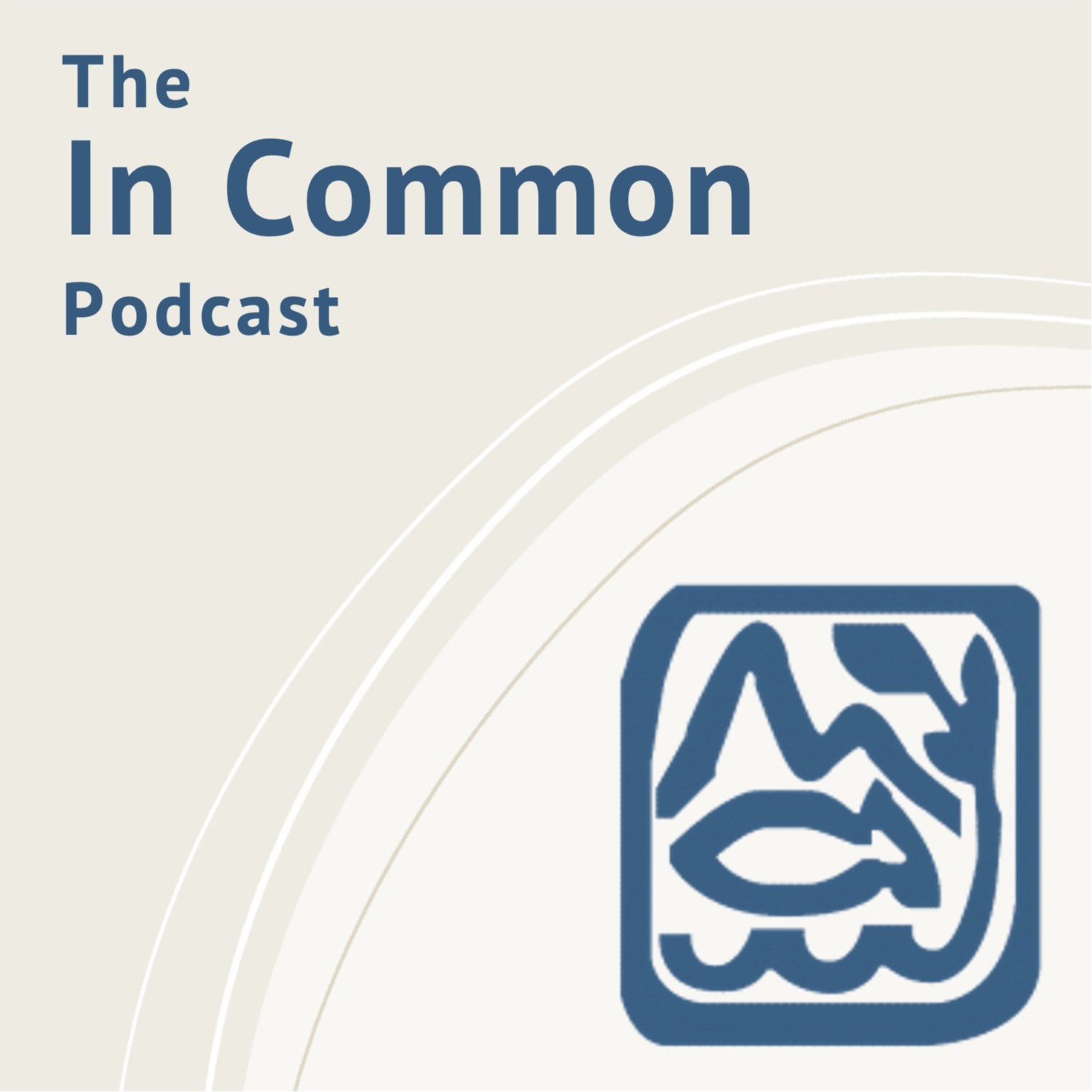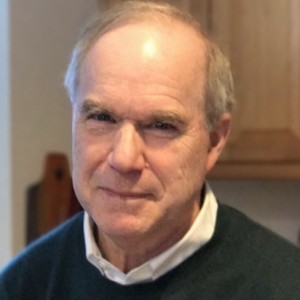
94.8K
Downloads
229
Episodes
In Common explores the connections between humans, their environment and each other through stories told by scholars and practitioners. In-depth interviews and methods webinars explore interdisciplinary and transdisciplinary work on commons governance, conservation and development, social-ecological resilience, and sustainability.
Episodes

Monday Oct 31, 2022
107: Zoning policy with William Fischel
Monday Oct 31, 2022
Monday Oct 31, 2022
In this episode Michael speaks with Bill Fischel, professor of Economics at Dartmouth College. Bill is arguably the global expert on zoning rules used by municipalities in the United States to influence development patterns at the local level.
During their conversation, Bill describes a shift from pro-growth to anti-growth approaches to local zoning in the United States (with exceptions being mostly in the South and in the city of Houston, Texas in particular, which has no zoning laws). During this shift, home-owners came to view their houses as investments or financial assets, whose exchange value they needed to protect, in addition to their use value as a home. This was partly because houses were one of the few assets whose value kept up with the rampant inflation in the 1970s, and because of some supportive tax policies.
Observing these trends led Bill to propose the Homevoter hypothesis, in which he argues that home-owners whose housing prices correlate with each other constitute an interest group, and who once they determined that additional housing in their communities would decrease their property values, decided to change zoning laws to prevent such development. This is an example of successful collective action on their part to contribute to a local public good: housing prices.
But this is also a story of exclusion: the only way to promote this in-group public good is to exclude outsiders. A final part of the conversation touches on the use of homeowners of environmental policies that also started in the 1970s to fight against development. And in this context homeowners in many areas have expressed what is known as NIMBYism (not in my backyard), who may argue for inclusive public housing policies, as long as it doesn’t happen where they live.
References:
Fischel, W.A. 2015. Zoning Rules!: The Economics of Land Use Regulation. Lincoln Institute of Land Policy.

Comments (0)
To leave or reply to comments, please download free Podbean or
No Comments
To leave or reply to comments,
please download free Podbean App.